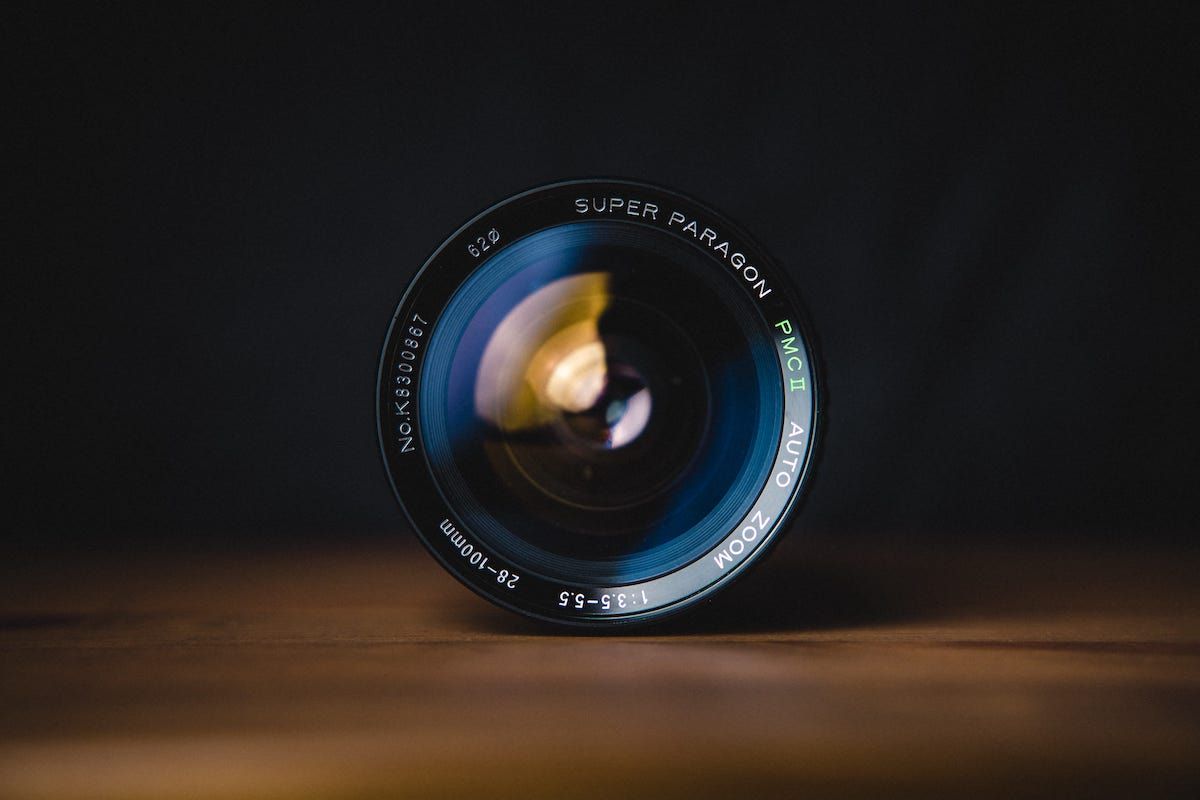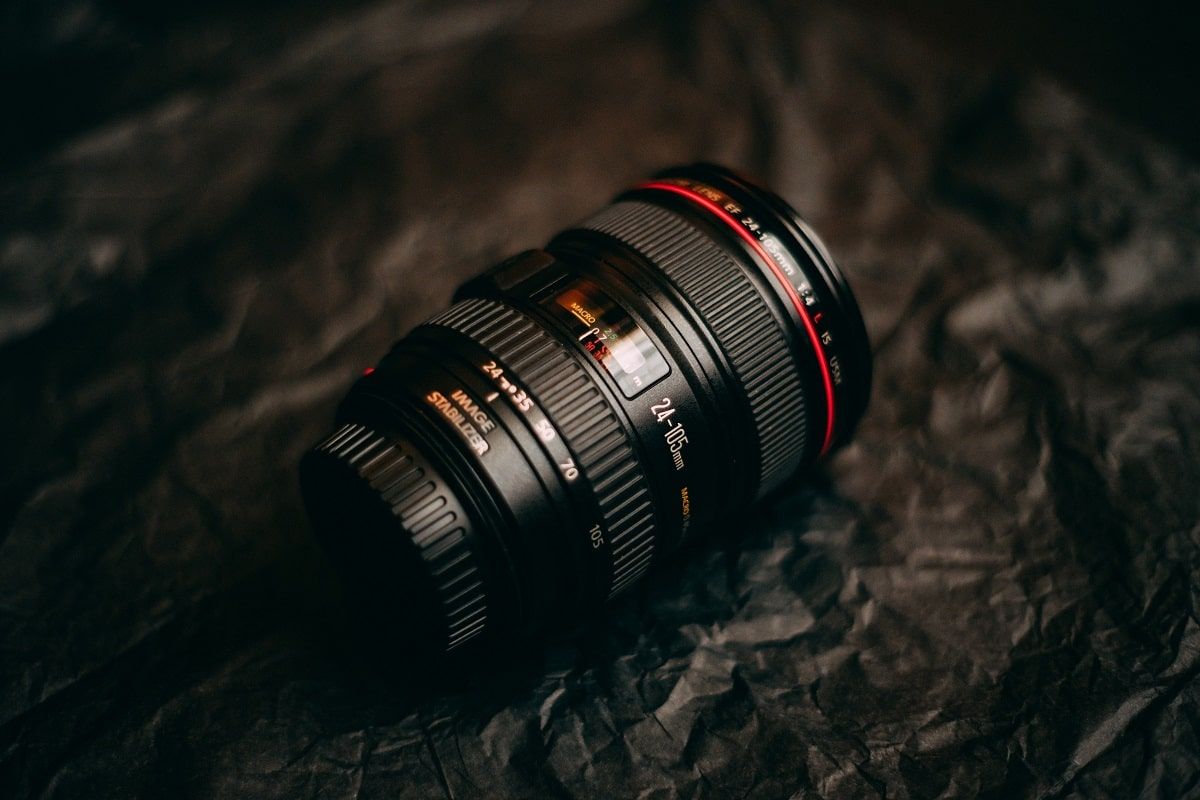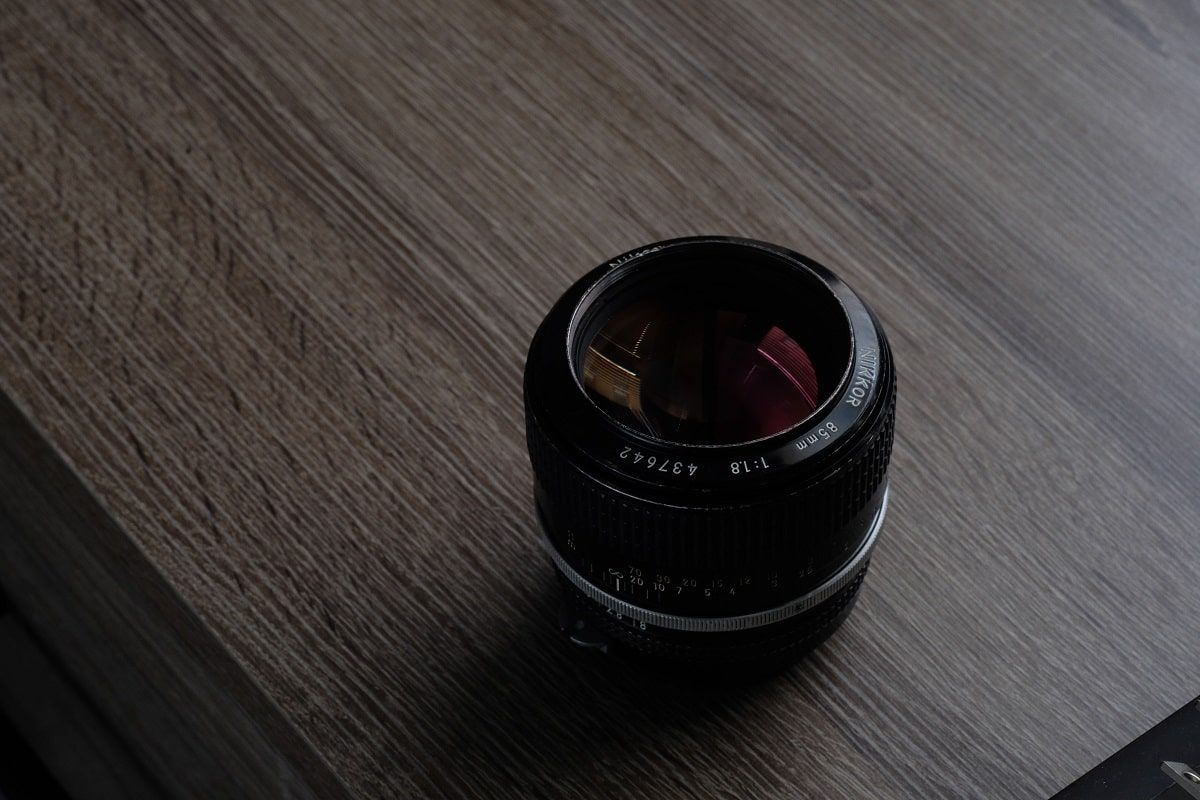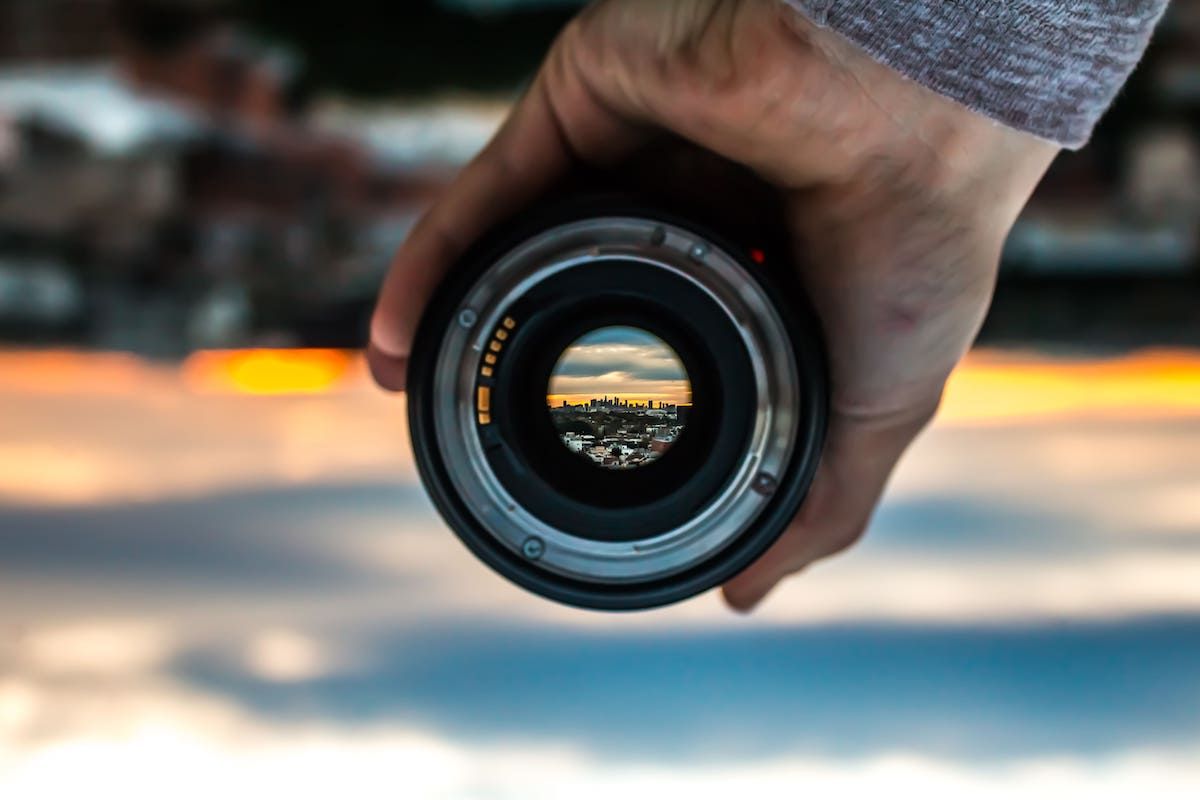Take High-Quality Portrait with the Best Lenses
Hire film gear from local filmmakers.

Hire film gear from local filmmakers.
Portrait photography is focused on capturing pictures with individuals in the center. However, it is not as easy as pulling out your smartphone and shooting a quick photo.
To capture individuals in a portrait, you need a great lens. We will go through what makes the best portrait lens in this article. I will also give you recommendations based on your needs.
Before you learn about the best lenses for portraits, you should understand the essentials of portrait photography.
5 essential things to consider in a portrait lens

1. Zoom or prime lens
The best portrait lens is typically a zoom lens or a prime lens. However, it can be tricky to figure out which one to go for. Not everyone can afford to buy multiple lenses, so getting the right lens is vital for your photography.
Zoom lens
Zoom lenses are versatile lenses as a result of their many ranges of focal lengths. This means that you can do many different styles and perspectives without losing quality.
If you're completely new to photography, it would definitely be worth considering getting a zoom lens. You could always rent or subscribe to a zoom lens and find out which focal length fits you best.
Prime lens
Professional portrait photographers would usually call prime lens the best camera lens for portraits. While the zoom lens gives you a versatile range of focal lengths, the prime lens is typically faster, lighter, and provides sharper images.
Sharp images are a characteristic trait in portrait photography, as it enables you to capture all the features of your subject. However, the price is typically higher on prime lenses, and they are not as versatile. This means that if you have several needs or want to be versatile, you might have to get more than one.
2. Long focal lengths
The best portrait photographers prefer a longer focal length on their lens. This typically varies from 85mm to 200mm but depends on the photographer's preference.
A long focal length helps you produce better image compression while avoiding distortion to the pixels. It also helps create more dynamic images and gives a comfortable working distance for the photographer.
3. Great bokeh
Bokeh refers to the out-of-focus aspects of an image, which helps apply a dynamic feel to the photo. The bokeh is the blurred parts you see around the subject in portrait photographs.
A great bokeh provides a deeper background blur, which in turn gives an aesthetically pleasing look to the photo. It also helps enhance the subject that is being photographed, as it draws attention to the parts in focus.
4. Fast maximum aperture
The aperture influences just how much light hits the image sensor of your lens. For portrait photography, you typically want an aperture between f/1.8 and f/4. This is called a fast lens. A fast lens allows you to draw attention to any feature on the subject. In portrait photography, this is often the eyes.
5. Available space at the shooting location
You typically want a good amount of space when shooting portraits. More room means you can find the proper distance between the photographer, the subject, and the background. They might cast a shadow that ruins the image if the person stands too close to the background. Furthermore, more space allows you to find the best range for a great depth of field.
If you are currently operating out of your 300sqft New York apartment, you probably shouldn't buy a 200mm lens. If you're shooting outside, consider the lighting and how it affects the photo. You'll have plenty of space in the woods, but you will have no control of the light or climate.
The 3 best Canon lenses for portraits

1. Canon EF 85mm f/1.4L IS USM
- EF mount
- Prime lens
- Focal Length: 85mm
- Aperture Range: f/1.4
- Filter Size: 77mm
- Weight: 33.5 oz. (950 g)
Pros
- Great image quality
- Image stabilization
- Good autofocus
- Weatherproof
Cons
- Weight
- Price
2. Canon 70-200mm f/2.8L IS II
- EF mount
- Zoom lens
- Focal Length: 70-200mm
- Aperture Range: f/2.8
- Filter Size: 77mm
- Weight: 46.2 oz. (1310 g)
Pros
- Sharp quality
- Sturdy
- Great autofocus
- Great colors
- Little to no distortion
Cons
- Weight
- No weather sealing
3. Canon EF 50mm f/1.8L
- EF mount
- Prime lens
- Focal Length: 50mm
- Aperture Range: f/1.8
- Filter Size: 77mm
- Weight: 5.6 oz. (160 g)
Pros
- Weight
- Price
- Shallow depth of field
- Compact
Cons
- Not that sturdy
- Loud
The 3 best Nikon lenses for portraits

1. Nikon Z 85mm f/1.8S
- Z lens mount
- Prime lens
- Focal Length: 85mm
- Aperture Range: f/1.8
- Filter Size: 67mm
- Weight: 16.6 oz. (470 g)
Pros
- Great build
- Good image quality
- High contrast
- Dust and moisture-resistant
Cons
- Price
- Not compact
2. Nikon 50mm f/1.4G
- F mount
- Prime lens
- Focal Length: 50mm
- Aperture Range: f/1.4
- Filter Size: 58mm
- Weight: 9.8 oz. (280 g)
Pros
- Price
- Weight
- Compact
- Sharpness
- Great colors
- Quiet
Cons
- Cheap build quality
- Autofocus is a little slow
- Heavy vignetting
3. Nikon 35mm f/1.4G
- F mount
- Prime lens
- Focal Length: 35mm
- Aperture Range: f/1.4
- Filter Size: 77mm
- Weight: 21.2 oz. (600 g)
Pros
- Sharp in the center
- Silent
- Low distortion
- Flare resistant
- Weather sealed
Cons
- Sharpness to the edges is not as good
- Weight
- Price
The 3 best lenses for portraits (mixed)

1. Sigma 85mm f/1.4 DG HSM | Art
- EF mount
- Prime lens
- Focal Length: 85mm
- Aperture Range: f/1.4
- Filter Size: 77mm
- Weight: 39.8 oz. (1130 g)
Pros
- Great bokeh
- Great image quality
- Weather-resistant
- Great autofocus
Cons
- Weight
- No optical image stabilization
2. Sony FE 85mm f/1.8
- E mount
- Prime lens
- Focal Length: 85mm
- Aperture Range: f/1.8
- Filter Size: 67mm
- Weight: 13.2 oz. (375 g)
Pros
- Great image quality
- Weather-resistant
- Compact
- Fast focus
- Weight
Cons
- Can get flares against the light
- No depth of field scaling on the lens
3. Sigma 50mm f/1.4 DG HSM Art
- EF mount
- Prime lens
- Focal Length: 50mm
- Aperture Range: f/1.4
- Filter Size: 77mm
- Weight: 28.8 oz. (810 g)
Pros
- Sharp
- Great build
- Good bokeh
- Quick and silent autofocus
- Good colors
Cons
- Size
- Weight
Rent or subscribe to a portrait lens
Hopefully, you found the best lens for portraits for your circumstances. If you're still not sure what to commit to, consider trying out a lens first. To do that, you can go and rent or subscribe to a lens on Wedio.
If you are still figuring out what photographer you want to be, have a look at our page on photography to figure out which set-ups are for you.
Best lens for portraits FAQ
What lens is best for portraits?
Depending on your camera, the best portrait lenses are Sigma 85mm f/1.4 DG HSM | Art, Canon EF 85mm f/1.4L IS USM, or Nikon Z 85mm f/1.8S.
What is the best Canon lens for portraits?
The best canon lens for portraits is Canon EF 85mm f/1.4L IS USM.
What type of lens is best for portraits?
The best lens for portraits is the prime lens.






















